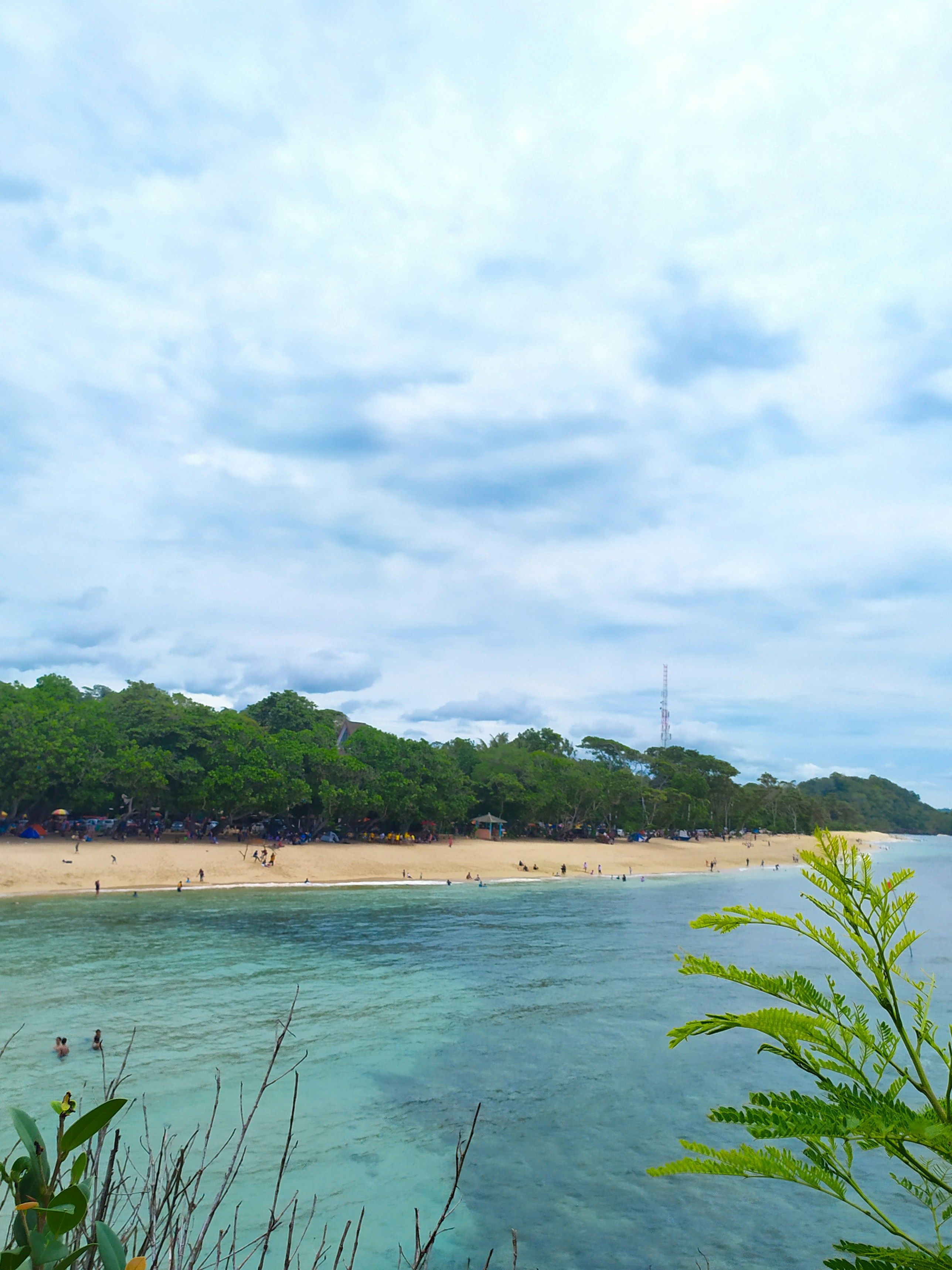Shunting the Chaos on Tracks: When Will a Rail Conference Happen? A Parliamentary Uproar
Following the Railway Disruption: Potential Railway Summit on the Horizon? - Following the railway accident, is there a meeting scheduled to discuss railway safety measures?
By the way, gang...
A torrent of criticism, seething discontent, and bold demands reverberate across party lines in the Rhineland-Palatinate state parliament. The Railways have seen better days, and they've been raising some major stink about the numerous issues haunting their operations. The main culprit? Poor communication and the lack of a coherent rail strategy. The parliament is on a mission to force a summit with the railways to sort out the mess. Ol' Minister President Alexander Schweitzer (SPD) has got his work cut out for him, people are saying.
Transport Minister Katrin Eder (Greens) sets the tone with her scathing critique of woeful communication from the railways, labeling it as catastrophic and unacceptable. She demands that the railways can't just be rigging up sudden, massive short-term railway restrictions without proper planning, considering major events like the Rhineland-Palatinate Day, Wurstmarkt, and Bundesliga football matches.
Rebuilding eroded trust
The railways have a mountain to climb in regaining the trust of passengers, warns the Green politician. The structural issue is that the railways have already been stripped to the bone. They've been clocking up some serious mileage, and the capacity on the links leading to Rhineland-Palatinate needs to be expanded. She's counting on some federal government support on this one. The new Federal Transport Minister Patrick Schnieder (CDU) hails from Rhineland-Palatinate.
Marco Weber of FDP and Stephan Wefelscheid from the Free Voters are advocating hard for a rail summit with the railways to tackle the gleaming list of problems. Wefelscheid, the opposition politician, makes a rousing call on Schweitzer to make this summit a top priority.
A long list of deficiencies
Benedikt Oster from the SPD lays out the deficiencies faced by train passengers: Replacement bus services are beyond their sell-by date, there's no real-time information dished out to passengers in case of breakdowns, platforms are showing their age, and the bathrooms are a cringe-worthy state. The railways are fast losing the trust of folks with these rough circumstances, pushing some to go back to their rollin' steel cages, er, cars.
CDU member Gerd Schreiner points out that both the federal and state governments, along with the participation of the social democrats, have a role to play. There must be urgent investments in the construction of new rail lines.
A pointed stick for the federal government
The federal government has turned a blind eye to regional rail for years, explains AfD member Ralf Schönborn. It's a wasteland on the tracks. Green politician Lea Heidbreder calls for the rail system to be fortified, with Rhineland-Palatinate not being left to die in the dust.
The railways want to finally make up for investment shortfalls in rail infrastructure, explains the Rhineland-Palatinate Association of Entrepreneurs. A reliable rail infrastructure is the lifeblood of our nation's economic future. However, one shouldn't lose sight of the fact that these construction projects can cause major headaches for companies in Rhineland-Palatinate, warns Karsten Tacke, managing director of the Association of Entrepreneurs' Associations in Rhineland-Palatinate (LVU). Supply chains and commuter connections are already grappling with persistent low water levels in the Rhine, strengthened border controls, and a shortage of skilled labor.
Adding large-scale train cancellations to the mix would just make things exponentially tougher, Tacke cautions. Earlier and more transparent communication would've been key to helping businesses and employees prepare for the situation better.
Proven success is the model for future projects
The renovation of the Riedbahn offers a glimmer of hope, says the LVU CEO. This should set the standard for future railway projects, if you catch our drift.
The sore points of long delays and cancellations are currently testing the patience of train passengers and commuters on several routes in Rhineland-Palatinate and the Rhine-Main area. Several train connections are either partially restricted or have been negated altogether. This list includes the S-Bahn lines 8 and 9, which are vital for the Rhine-Main region, or the trains between Koblenz and Mainz.
The replacement bus service to Limburg was just extended over the weekend. The railways issued a heartfelt apology for the sudden Annabelle Shortwiring of train traffic back in May. There will still be cancellations on the S-Bahn lines S1 and S2, as well as S8 and S9 in the eastern part of Frankfurt, until the end of May, owing to construction work at several underground stations. Construction is also happening between Koblenz and Mainz, with passengers having to switch to buses at different times and locations. New updates on the route are expected on Friday (16.5.).
Pro Rail advice for passengers
The passenger association Pro Bahn continues to spew vitriol over the current state of affairs in the railway sector. The “emergency” situation on the railways has become the new normal, the association opines. The restrictions are wreaking havoc on commuters and travelers. "It's not about delays of up to 15 minutes, but about serious delays and cancellations," the association bemoans. "In reality, this means that only people with flexible or adjustable work schedules can cope with this."
The association suggests that passengers should stay on top of the latest information by checking in on the internet and train apps, ideally one to two hours before departure, to ensure they catch their train and arrive at their destination on time.
- The Commission, in light of the ongoing issues with the railways, has been asked to propose a directive on the approximation of the laws of the Member States related to environmental protection in the context of the railway industry and other sectors, as a part of a broader policy-and-legislation initiative that touches upon finance, transportation, and politics.
- In response to the mounting criticism against the railways, pro-rail organizations like the Rhineland-Palatinate Association of Entrepreneurs suggest that proven successful projects like the renovation of the Riedbahn can serve as a model for future railway development, ensuring smooth transportation and minimizing disruptions for commuters and businesses in the general news.
- Amidst the Parliamentary uproar, the federal government is being pressured to lend support to the railways, particularly in the expansion of the capacity on the links leading to Rhineland-Palatinate, as a means to combat the decline in passenger trust and the increasing competition with private modes of transportation like automobiles.







